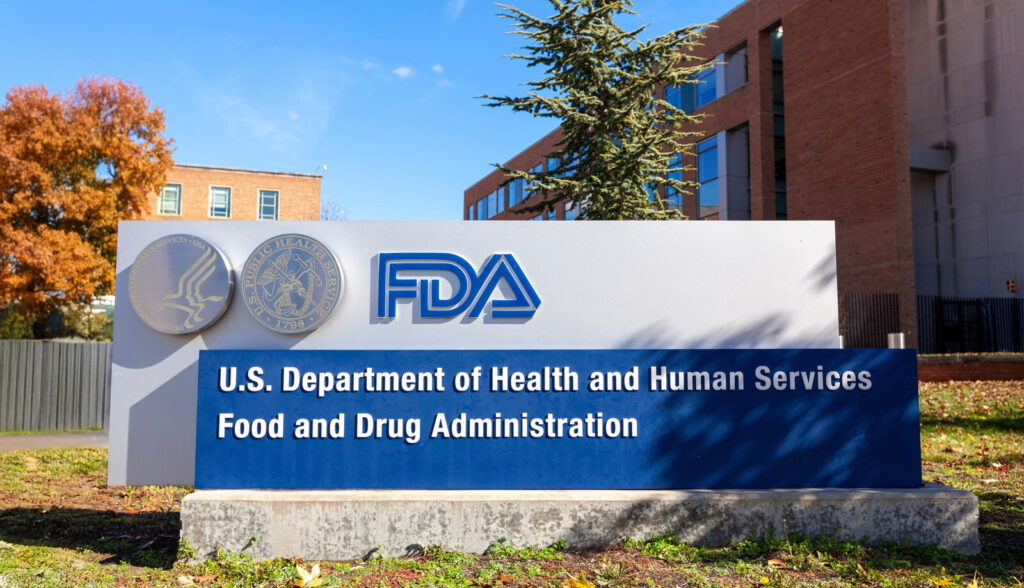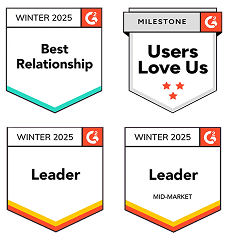FDA warning letters are more than just citations—they are public evidence of compliance failures, often rooted in inadequate validation practices. These warnings can damage a company’s reputation, disrupt operations, and result in significant costs. Yet, many of them are entirely avoidable.
What are FDA warning letters and why did your company get them?

FDA warning letters are formal notifications issued by the U.S. Food and Drug Administration (FDA) to companies who are found to be in violations of FDA regulations. These violations can stem from several different issues such as the following:
- Safety concerns
- Selling unapproved drugs or devices
- Violations of Good Manufacturing Practices (GMP) (e.g., contamination risks, poor documentation)
- Misbranding or false/misleading labeling of products
- Inadequate responses to inspectional observations (Form 483)
- Marketing claims not supported by evidence (common in supplements, cosmetics, and devices)
The warning letter provides an opportunity for the company or individual to address FDA’s concerns and requests a response within a certain timeframe. The company’s response to the Warning Letter can consist of plans of how they are going to correct the violation.
How to avoid getting FDA warning letters
Companies should adopt a proactive compliance strategy built around the following key practices to avoid getting FDA warning letters:
- Regular Self-Audits
- Conduct routine internal audits to identify and resolve compliance issues early.
- Demonstrate a strong commitment to FDA regulatory adherence through proactive oversight.
- Up-to-Date Procedures & Consistent Training
- Regularly review and update standard operating procedures to align with current FDA regulations and industry best practices.
- Provide ongoing training to employees on FDA requirements and internal procedures.
- Update training programs as regulations or internal processes change to ensure continued compliance.
- Accurate & Complete Documentation
- Implement systems to ensure all records—manufacturing, quality control, validation, distribution—are complete, accurate, and current.
- Maintain audit-ready documentation that meets FDA expectations for traceability and data integrity.
- Data Integrity & Audit Trails
- Track full data history: when a record was created, by whom, and any subsequent modifications (who, when, and why).
- Issue Detection, Root Cause Analysis & CAPA
- Establish systems to detect and respond to issues as soon as they arise.
- Conduct thorough root cause investigations to understand why issues occurred.
- Implement effective corrective and preventive actions (CAPA) to prevent recurrence and strengthen quality systems.
What to do if you received a Warning Letter
Upon receiving an FDA Warning Letter, a company has 15 business days to respond with a detailed plan addressing each violation through corrective and preventive actions (CAPA). This includes identifying root causes, outlining remediation steps, and demonstrating a clear path to compliance. The FDA typically follows up within 30 days to evaluate implementation. A strong CAPA plan not only resolves current issues but also strengthens systems to prevent recurrence and build long-term resilience. Beyond regulatory risks, FDA Warning Letters can lead to significant financial and reputational damage—including legal fees, consulting costs, remediation, lost sales, and brand harm, often totaling hundreds of thousands to millions of dollars. Well-executed CAPA can greatly reduce these impacts.

How Kneat can mitigate those risks
Kneat Gx helps mitigate risks commonly cited in FDA warning letters by improving compliance, traceability, and data integrity Through digitized and automated validation processes, Kneat Gx supports a controlled, inspection-ready environment while reducing gaps and errors.
1. Improved Documentation Accuracy and Compliance
Incomplete or inconsistent documentation is a common FDA finding. Kneat Gx mitigates this by digitizing and standardizing all validation records — such as IQ/OQ/PQ protocols and SOPs—ensuring they are complete, consistent, and audit-ready. This reduces manual errors, enforces version control, and aligns documentation with cGMP standards.
2. Real-Time Audit Trails and Data Integrity
To meet ALCOA+ requirements, Kneat Gx automatically creates time-stamped audit trails of all user activity. This full traceability reinforces data integrity, accountability, and transparency — critical factors in avoiding citations for undocumented changes or incomplete records during inspections.
3. Streamlined and Controlled Change Management
Many FDA warning letters cite poor change control. Kneat Gx offers structured, electronic workflows with built-in approvals, ensuring all changes are reviewed, documented, and assessed before implementation. This safeguards compliance and maintains the validated state of systems.
4. Centralized Validation Management
Paper-based validation processes often result in inconsistency across sites. Kneat Gx centralizes validation management on a single platform, promoting standardization, reducing errors, and ensuring alignment with FDA expectations across the enterprise.
5. Faster, More Effective FDA Responses
Quick access to documentation is essential during inspections. Kneat Gx enables rapid search and retrieval of validation records and audit trails, reducing delays and demonstrating control through clean, complete, and traceable data.
6. Continuous Monitoring and Reporting
With real-time dashboards and KPIs, Kneat Gx supports ongoing oversight of validation activities. This enables early detection of risks and supports a proactive quality approach—shifting from reactive responses to preventative compliance management including continuous monitoring and reporting.
Final Thoughts
Kneat Gx helps organizations avoid FDA warning letters by digitizing and standardizing validation processes, ensuring data integrity, and maintaining audit-ready documentation. Schedule a live demonstration of Kneat Gx to explore its key features, benefits, and how it can streamline your validation processes, boost efficiency, and strengthen regulatory compliance.






